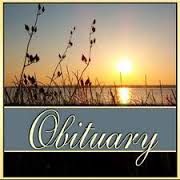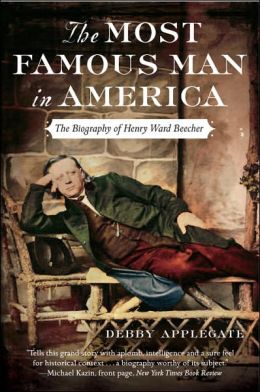Left Behind All Over Again?
 Monday, March 24, 2014 at 01:20PM
Monday, March 24, 2014 at 01:20PM 
The cynic in me understands that there is big money to be made on rapture movies, which is why film-makers keep on cranking them out. The claim is made that these films are intended to lead people to Christ--the stark reality is that they really don't. But they do make money for those making them, apparently, lots of money. In fact, we will be treated to two rapture films in just one year. A couple of weeks ago I posted about another new rapture film, Final Watch.
Billed as the "scariest Christian movie ever," "Final Watch: The Rapture" is marketed as a sure fire way to scare someone into accepting Jesus by using the horror film genre to warn unbelievers (as well as careless "professing" Christians) of the terror of being left behind after the Rapture occurs (h.t. Gene Veith--Cranach).
Now the 2000 Left behind movie, starring Kirk Cameron is being "replaced" (dispensationalists love this word) by a new version of Left Behind, starring everybody's favorite actor, Nicolas Cage. The sure sign of career failure in Hollywood is when B-list actors like Cage start turning up in moves like this one. Michael York comes to mind.
And, of course, we are treated to the obligatory movie poster featuring a packed airplane--which we know will either crash because the pilot is a Christian and is suddenly raptured away from the controls at a critical moment in the flight, or suddenly, the plane will be missing a whole bunch of passengers who instantaneously disappear to the horror of all those left behind.
The commercial success of AMC's The Walking Dead, is clearly be responsible for this spate of rapture movies, because one of the promo pictures from the new version of Left behind, tells us of the horrors of having to go through the tribulation, aping the critical issue faced by Walking Dead's main character, Sheriff Rick Grimes and the ubermensch himself, his son Carl. The rules go out the window after the rapture, just like they do after the zombie apocalypse.

One more pet peeve of mine is, why do characters in movies of this genre always have highly improbable nicknames? "Buck" Williams sounds far more like a Seinfeld quip applied to George Costanza, than to a nickname someone actually possesses. Where are the guys named Bob, Steve, Mike, or Fred? You know, like real people . . .
If you haven't heard enough, here's the website so you can check it out for yourself: Left Behind All Over Again











